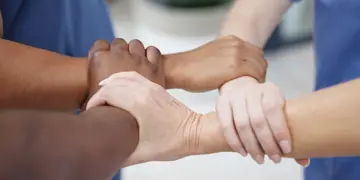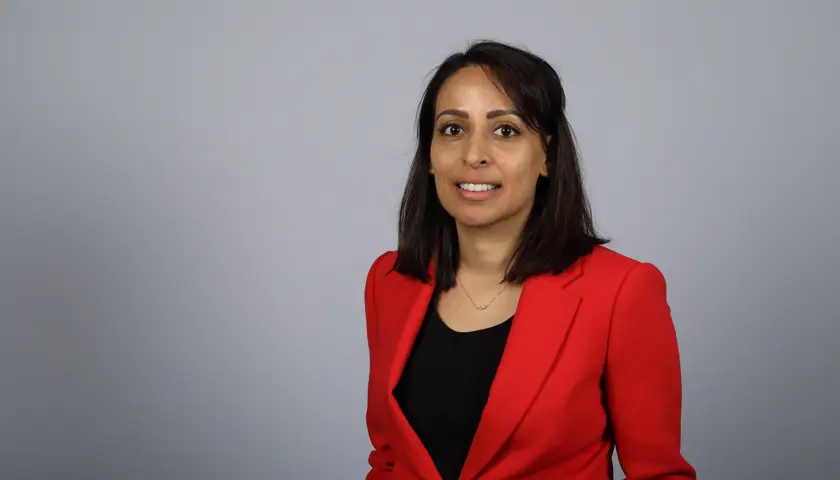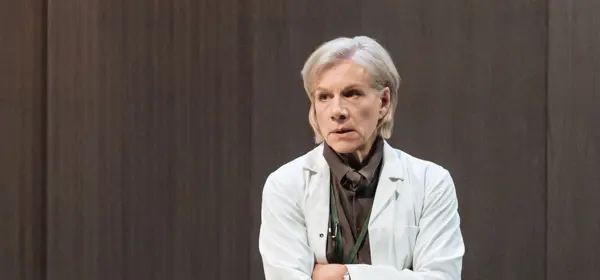Fair for all
Fair for all
The BMA equality, diversity and inclusion advisory group offers expert insights to the association so it can change society to give marginalised groups a voice
Doctors are the lifeblood of the BMA, and with such a vast and diverse membership, placing equality and inclusion at the heart of everything the association does is vital for so many reasons.
Much like the NHS workforce strives to represent and reflect the patients and society it cares for, the BMA equality, diversity and inclusion advisory group exists to ensure that the same is true for the association.
Made up of more than a dozen BMA members drawn from across the UK and all branches of practice, the role and remit of the group is to champion equality, diversity and inclusion across the association.
Meeting regularly throughout the year, the group aims to shape work on EDI for both members and staff and provide expert knowledge, advice and guidance on EDI in all aspects of the association’s work.
The advisory group also consults with the BMA staff-led equality inclusion and culture team providing a members’ perspective on association policy work to reflect members experiences.
Doctors' voices
The group has contributed to a variety of important pieces of work conducted by the BMA in recent years, including surveys and reports examining SOGI (sexual orientation and gender identity), sexism and sexual harassment and racism in medicine.
These landmark pieces of work have not only served as a means of giving doctors who might otherwise go unheard a voice but have ultimately informed the association’s priorities as an organisation or been incorporated into association policy.
Members of the group have served as visible role models by sharing their experiences through projects such as the library of reasonable adjustment case studies, which was conceived through discussions within the group about how to develop tools to support disabled doctors.
‘Within the advisory group there is such a breadth of expertise and insight from lived experiences,’ explains Latifa Patel, who has headed up the advisory group for the past three years.
‘There’s such an open culture to learning, to understanding and providing constructive criticism telling the BMA what we have done right and what we haven’t done right and how we can support our members better.’
While recent years have seen efforts across many parts of society aimed at improving diversity within representation and pressing for greater equality and equity, Dr Patel admits that the important nature of the advisory group’s work is not immediately obvious to all.
There is such a breadth of expertise and insight from lived experiences
Dr Patel
She says that for some colleagues in the medical profession and particularly for those in positions of power, either in the Government or the wider health service, being able to present research and data makes an argument for change all the more compelling.
‘As the BMA, we are often asked “why have we got a report on racism in medicine? Why have we got one looking at disabled doctors?”’, explains Dr Patel.
‘The reason why we're investing money and resources into this is because we know there's a problem but sometimes, we literally need to be able to say to those in power “these are the facts in black and white”.
‘Undertaking research also allows us to ultimately support members by tracking and recording changes over time in the issues that they face.’
Unlike other BMA committees, members of the advisory group are appointed to their position and serve two terms.
Belfast internal medicine specialty trainee 3 Ciara Greer joined the advisory group in part because of her role as EDI officer for the Association of LGBTQ+ Doctors and Dentists.
She said that being part of the advisory group had allowed her to contribute her own lived experience on issues of importance to her such as LGBTQ+ equality, women’s rights and issues faced by doctors based in Northern Ireland.
It was through her involvement in the early discussions about the scope of the SOGI in medicine survey that ‘queer’ was included as a choice of identity for participants.
‘I think it’s important that people from communities are able to contribute insights that are derived from their lived experience,’ explains Dr Greer.
‘Even if you have the best of intentions and think you know what a particular community wants, if you don’t have voices voices from those communities in the room, you could end up missing something really valuable.
‘Intersectionality is so important and having this group of people who come from all different walks of life supporting each other is brilliant.’
If you don’t promote equality in the workforce you are at risk of losing valuable colleagues
Dr Patel
While Dr Patel is under no illusions as to the scale of the many challenges to improving equality within the BMA and the medical profession and NHS more widely, she believes that the work of her and her colleagues can hopefully change perspectives as much as it can implement change itself.
‘If your motivation isn’t fairness isn’t equality and equity and doing the right thing, then do it because for productivity for patients for recruitment and retention, you need to prioritise equality, equity, diversity inclusion in your workforce,’ Dr Patel says.
‘If you do not promote equality, and equity and inclusion within your workforce, you are at risk of losing good, valuable colleagues which currently we need.’
Find out more about the work of the advisory group




